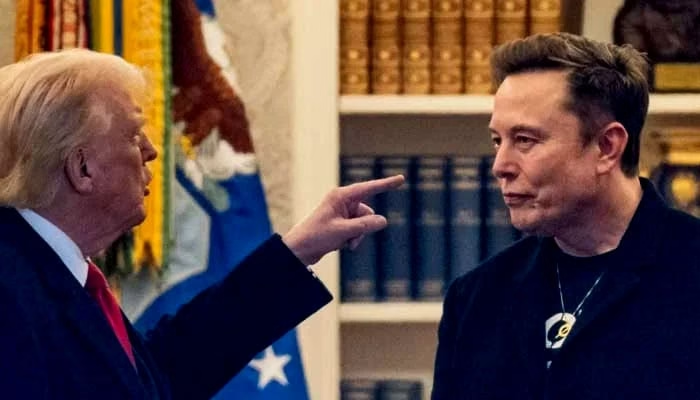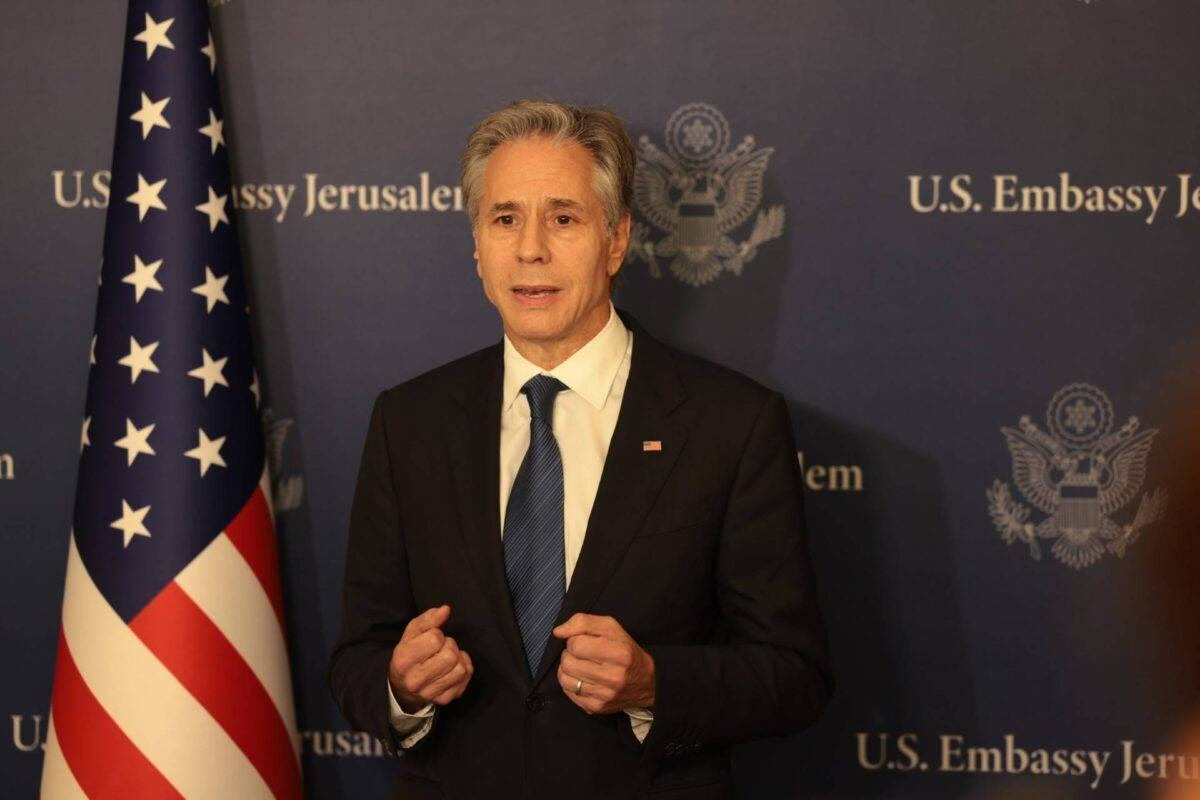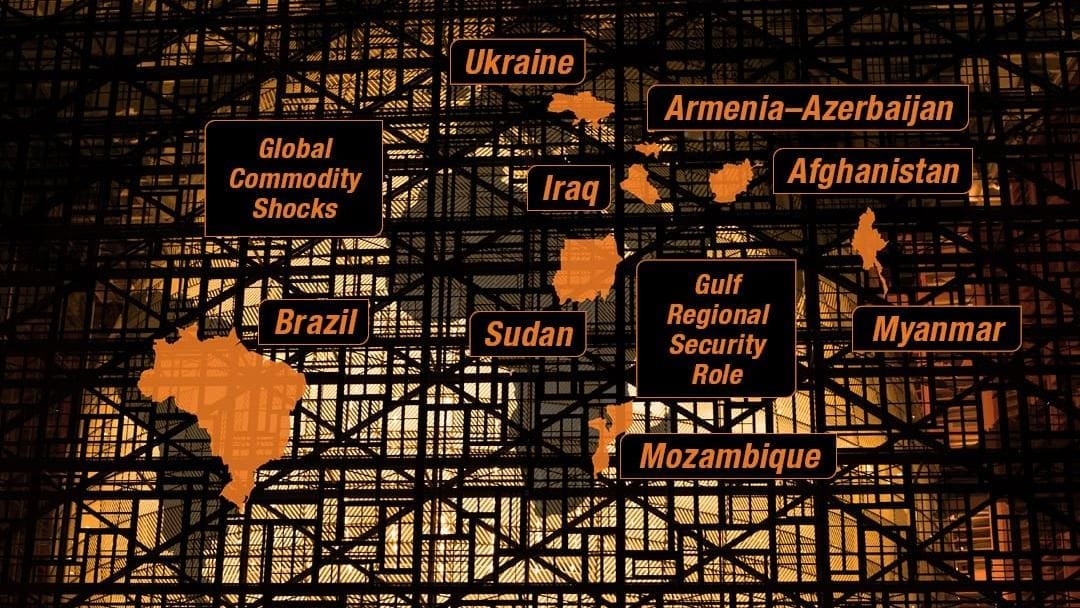In a dramatic escalation of tensions, U.S. President Donald Trump on Tuesday openly suggested that he might consider deporting billionaire entrepreneur Elon Musk, following Musk’s sharp criticism of the administration’s flagship spending bill. Speaking to reporters at the White House, Trump was asked whether he would take action against the South African-born Tesla and SpaceX CEO. His response was characteristically ambiguous, but laced with warning.
“I don’t know. We’ll have to take a look,” Trump said, hinting that Musk’s immigration status and past support may no longer protect him from political consequences. The comment marks a significant turn in the relationship between the two men, once considered close allies.
Musk, who played a prominent role during Trump’s 2024 re-election campaign and was one of his largest private donors, had previously enjoyed open access to the White House. He even briefly headed the Department of Government Efficiency (DOGE), a Trump-era initiative aimed at streamlining bureaucratic processes and cutting government waste. Musk resigned from the post in May after mounting disagreements over policy direction, particularly in areas tied to energy and climate.
The rift has widened in recent weeks as Musk launched a public offensive against Trump’s newly unveiled budget proposal, which he dubbed the “One Big Beautiful Bill.” The bill, initially marketed as a sweeping plan to boost American industry, infrastructure, and innovation, dropped key incentives for electric vehicles (EVs) and renewable energy — areas where Musk’s businesses are heavily invested.
Musk took to social media and various public forums to accuse Trump and Republican lawmakers of abandoning the U.S. clean energy movement and giving in to fossil fuel lobbyists. In a particularly scathing post, Musk threatened to support the creation of a third political party, the so-called “America Party,” if the bill passed without EV support.
Trump, known for his harsh comebacks, responded on multiple fronts. In remarks on Tuesday, he invoked DOGE — the same department Musk once led — as a tool that might be turned against him.
“We might have to put DOGE on Elon. You know what DOGE is? DOGE is the monster that might have to go back and eat Elon,” Trump said in typical flamboyant fashion.
He continued to accuse Musk of hypocrisy, claiming the tech mogul’s opposition to the spending bill stemmed from financial self-interest, not national priorities.
“He’s losing his EV mandate. He’s very upset about things, but you know, he could lose a lot more than that, I can tell you right now. Elon can lose a lot more than that,” Trump warned ominously.
On his Truth Social account, Trump went even further, posting on Monday night that “without subsidies, Elon would probably have to close up shop and head back home to South Africa.” The remark not only threatened Musk’s businesses, but also his status as a symbol of American entrepreneurial success.
The feud between the president and the world’s richest man has shocked political observers, especially given their once tightly aligned interests. Just months ago, Musk was hailed as a symbol of Trump’s pro-business agenda. Now, he finds himself at the center of a growing political storm, with potential legal and financial consequences hanging in the balance.
While legal experts quickly pointed out that Musk is a naturalized U.S. citizen and cannot be deported without cause, the public threats signal a deeper political message: support for the administration is conditional — even for the country’s wealthiest figures.
Meanwhile, Musk remains defiant. He continues to campaign against what he views as a betrayal of America’s technological future, urging lawmakers and citizens alike to reconsider their support for Trump’s bill. His proposed “America Party” has yet to gain formal traction, but the conversation it’s sparked reflects growing dissatisfaction among certain business sectors over the administration’s shifting priorities.
As the battle between the Oval Office and Silicon Valley’s most influential figure plays out, the political landscape is being reshaped. What was once a powerful alliance has now become a public clash of egos, interests, and ideologies — and the outcome may shape not just policy, but the future of political influence in America.



